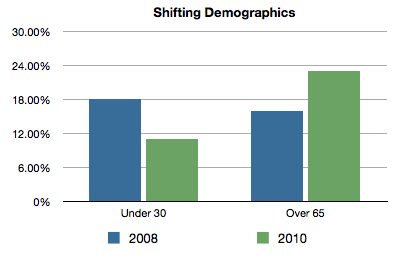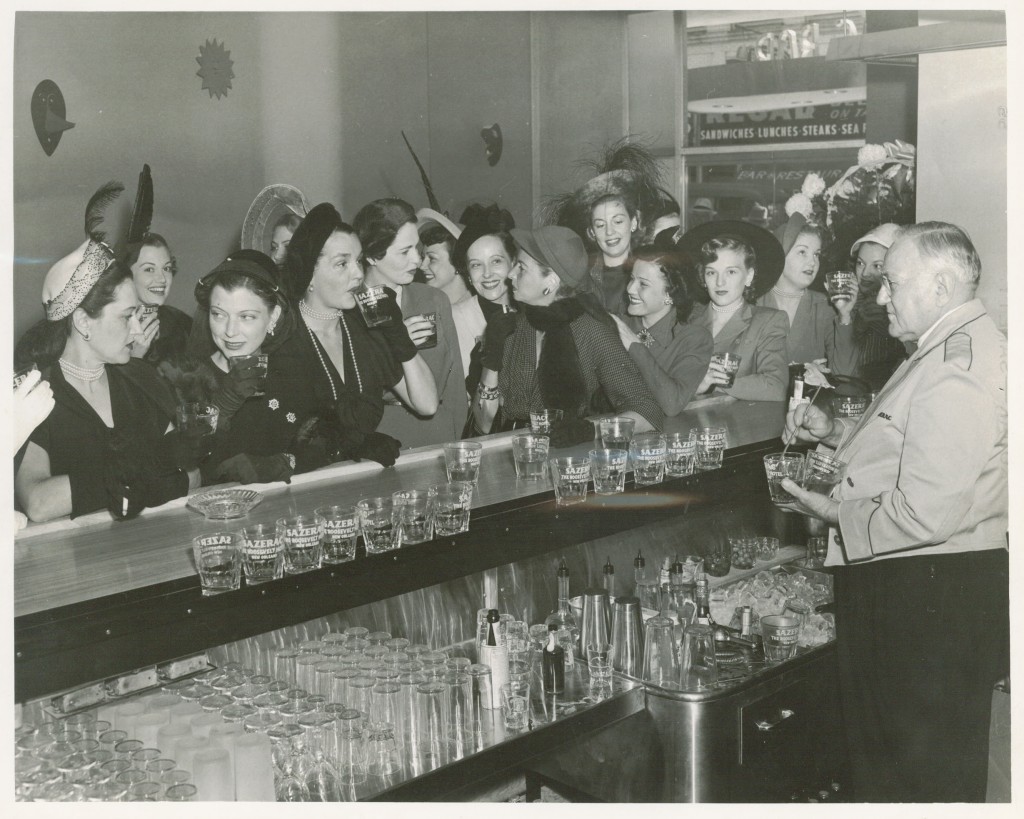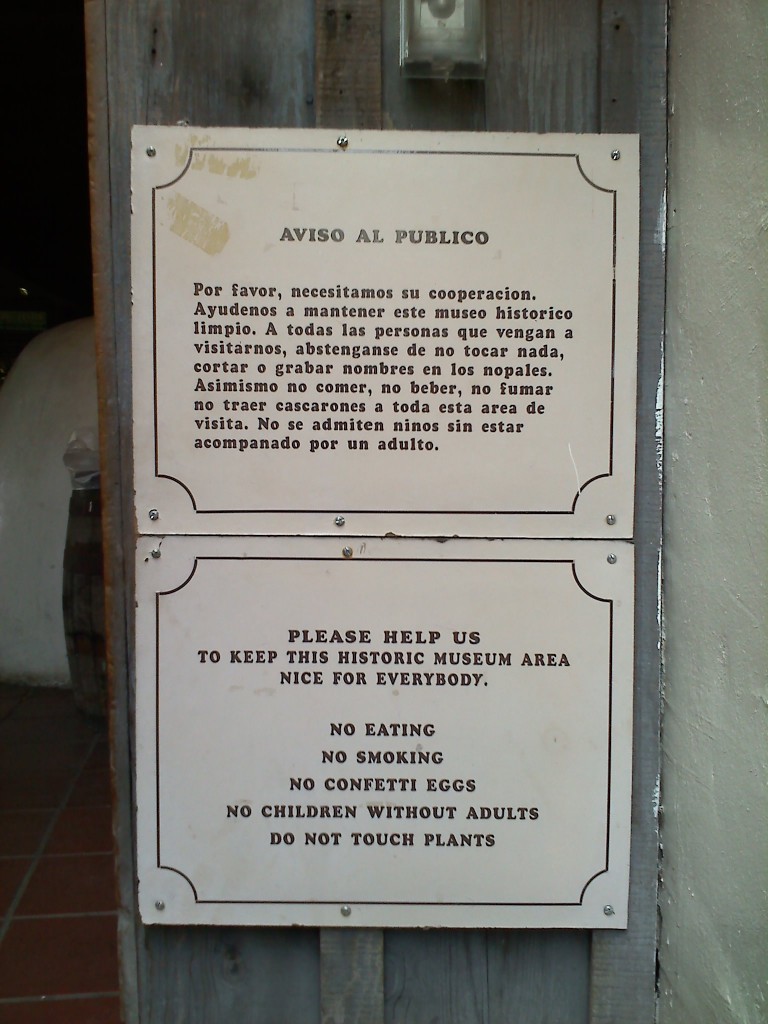Hegemony is a word used by sociologists use to describe how the status quo can be preserved through consent as well as coercion. One way to gain consent for the status quo, even if it is unjust, is to make the social arrangements that are in the best interests of the dominant group appear to be in everyone’s best interests. When hegemony works, we see social cooperation where there would be conflict
Capitalism is a great example of a hegemonic ideology. Nearly all Americans will argue that capitalism is a fair and effective economic system, even though it, by design, benefits some more than others. Instead of banding together and saying “this may be working for you, but this isn’t working for us,” however, even the poorest of Americans will typically defend capitalism as the best and most just option for the U.S.
Capitalism, though, is not hegemonic everywhere. F. T. Garcia sent us a link to a photograph snapped by a student of Economics Professor Greg Mankiw and posted on his blog. The photo is of a price sign at Mercado Bicentenario in Caracas, Venezuela. The student translated it as follows:
Description of the product: Diana Oil.
Fair Price: 4,73 Bfs.
Capitalist Price: 7 Bfs.
% of savings: 32%.

In this little narrative, capitalism is an unfair economic system that overcharges consumers. It is by definition not a fair price. A very different narrative about capitalism than we typically hear in the U.S.
Lisa Wade, PhD is an Associate Professor at Tulane University. She is the author of American Hookup, a book about college sexual culture; a textbook about gender; and a forthcoming introductory text: Terrible Magnificent Sociology. You can follow her on Twitter and Instagram.











